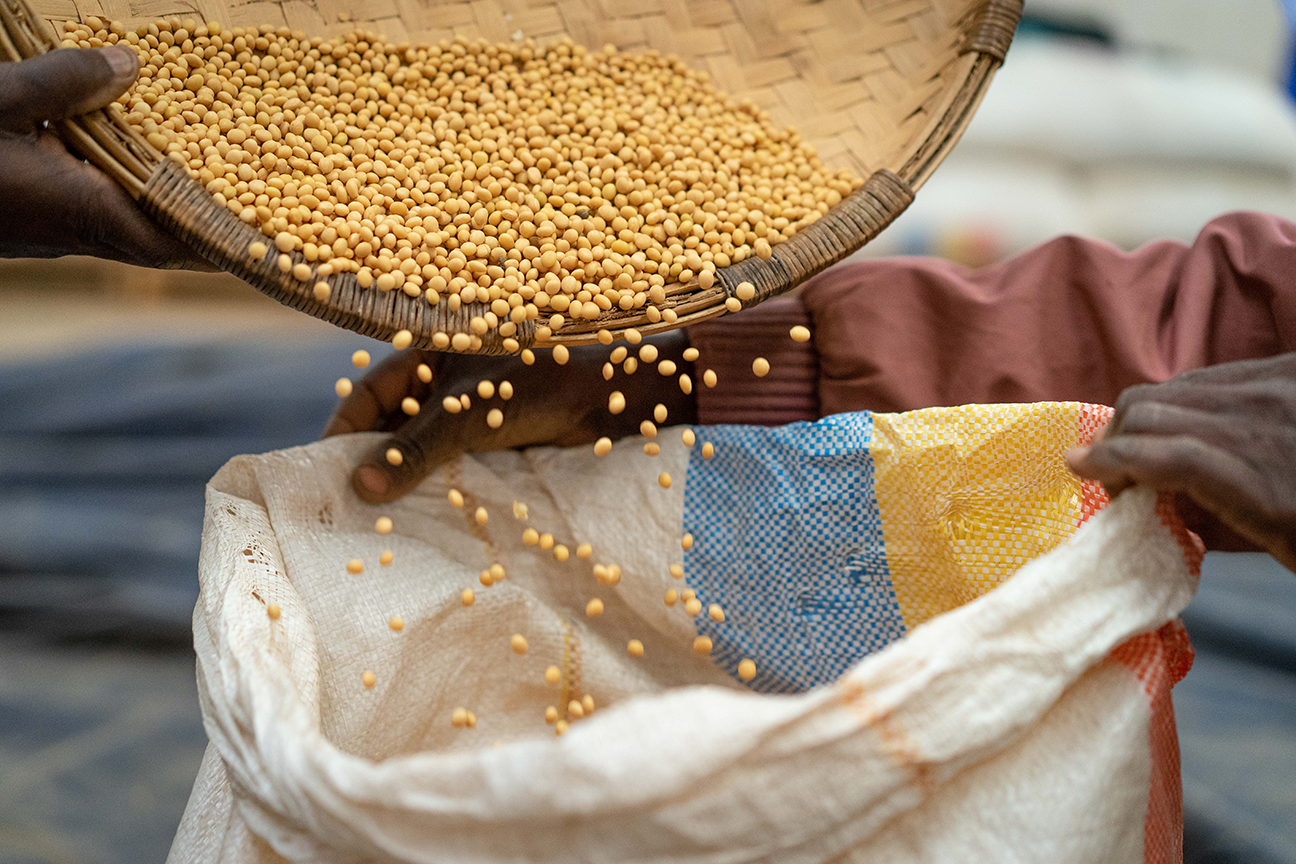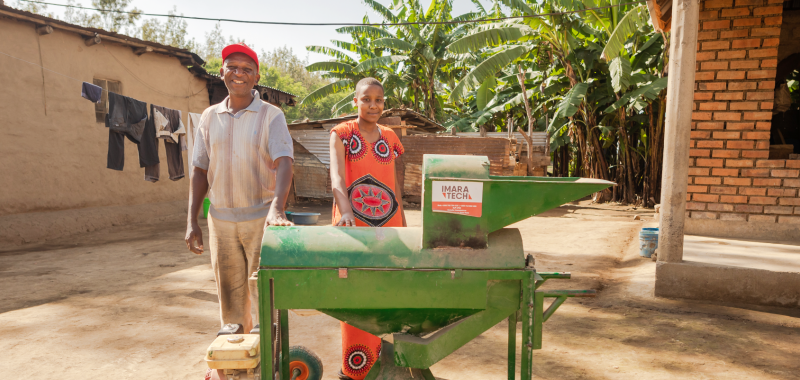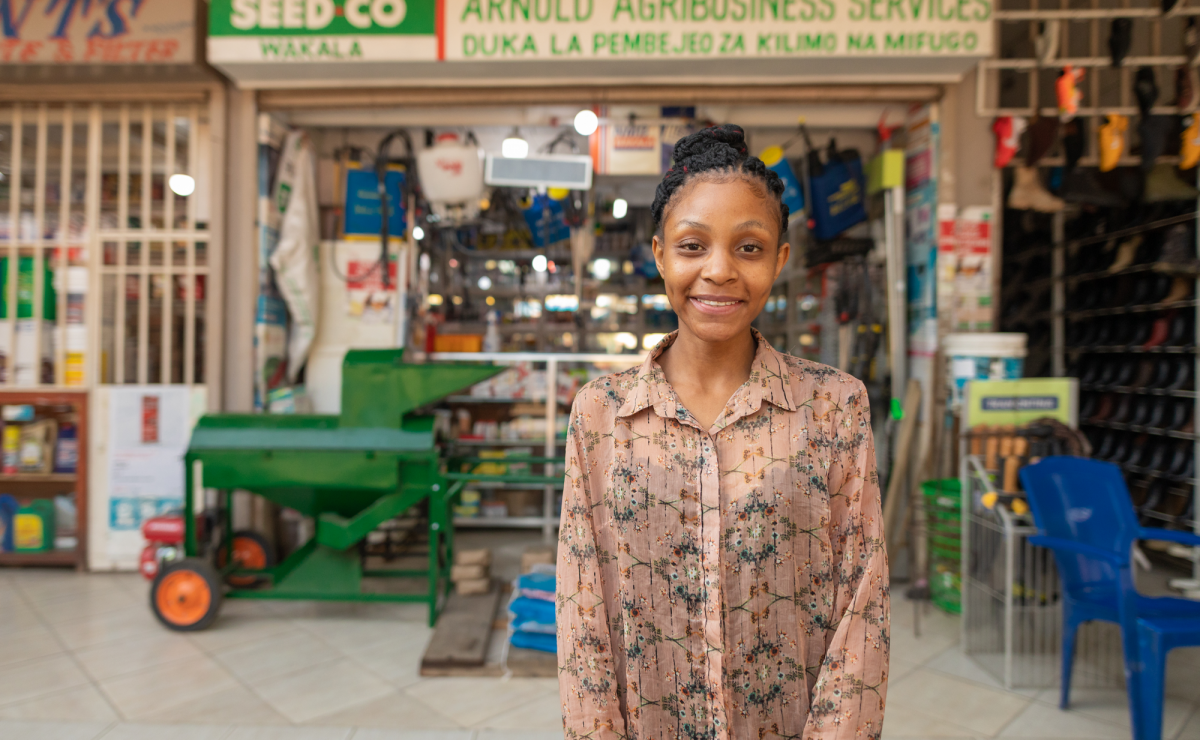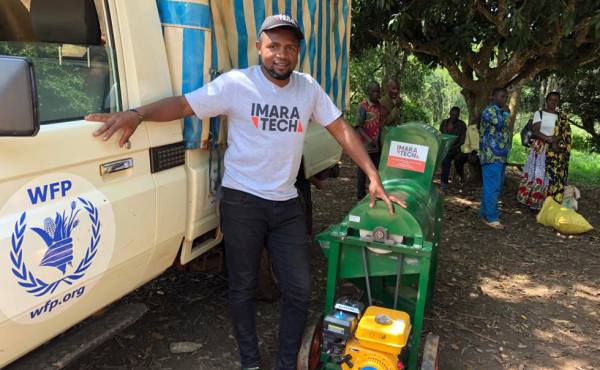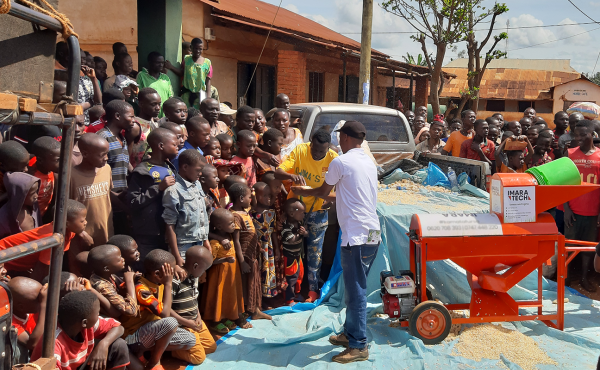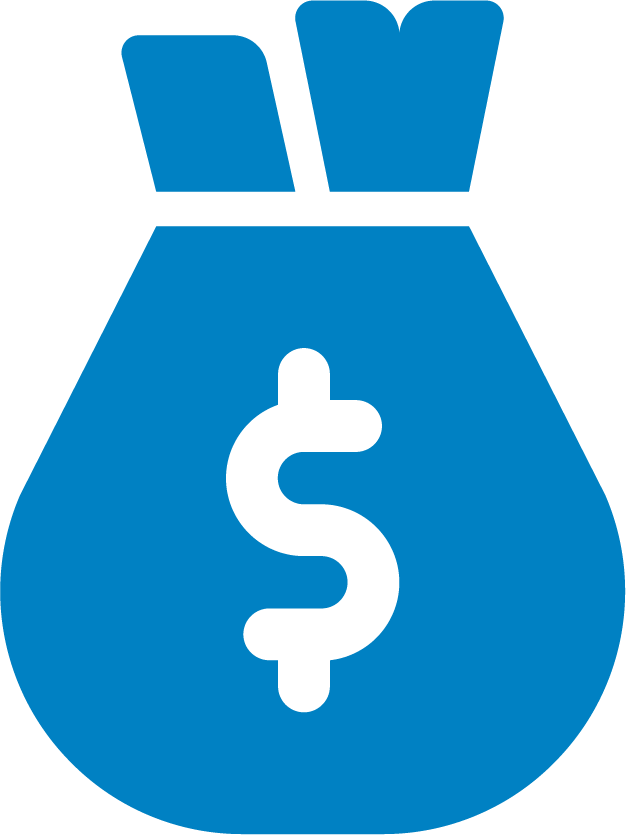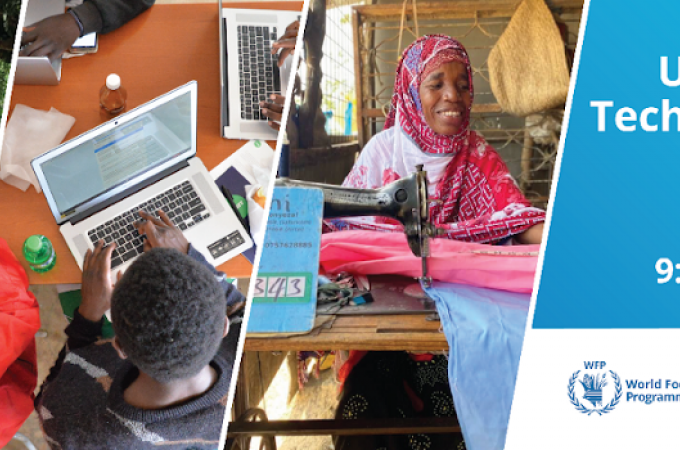In Tanzania and many low- and middle-income countries, smallholder farmers lack access to mechanized agricultural equipment. The supply of mechanized equipment is limited, and available options are often too costly for smallholder farmers.
As a result, around 98 percent of the small farms in Tanzania rely on manual farming techniques, which require heavy phyiscal work, significant time, and labour lower their productivity. One example of farm labour is separating the grains from a plant after harvest, known as threshing. Field data suggest that farmers spend an average of three hours threshing a single sack of maize, which equals to over a week of manual labour for each acre of maize farmed. Other crops such as sorghum and beans are similarly laborious.
Lack of mechanization perpetuates a cycle of poverty. Manual labour results in low productivity and missed income opportunities for smallholders, which in turn limits farmers' access to technology. Innovative solutions are needed to replace manual labour with suitable and affordable mechanized agricultural equipment for smallholder farmers.
